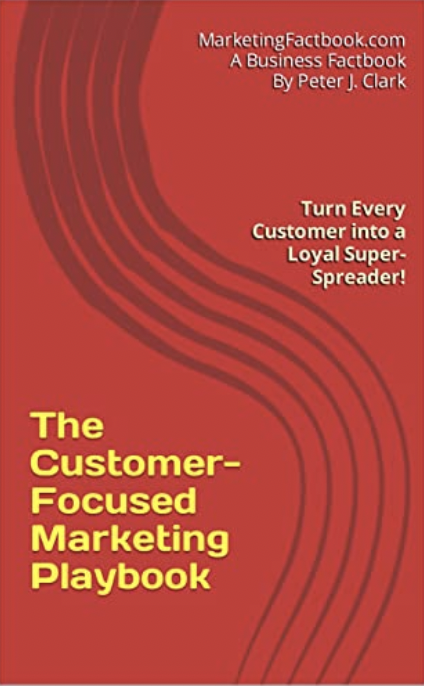Loyalty is becoming less important to diners
Just one-quarter (25%) of consumers consider loyalty programmes important when choosing a restaurant, according to a study from Deloitte, entitled 'Second helpings: Building consumer loyalty in the fast service and casual dining restaurant sector'.
One-half (50%) of survey respondents said they belong to at least one restaurant programme, a much lower rate compared with those of other sectors, such as airlines (78%) and hotels (70%).
Among consumers who belong to at least one loyalty programme, nearly three-quarters (74%) indicate that they do not participate in their favorite restaurant's programme, either because they say one is not offered or they are simply not sure whether one is available. But among the other 26% who indicate that their favorite restaurant offers a loyalty programme, a large majority (87%) actually belongs to it, implying a high conversion rate among a restaurant's best customers.
"Although restaurant loyalty programme participation is lagging, the study indicates that consumers do not have an inherent aversion to such programmes," said Scott Rosenberger, principal for Deloitte Consulting LLP. "These programmes can drive value if promoted effectively, as a restaurant's most frequent patrons are more inclined to join that restaurant's programme and use it more than any others. Additionally, we found that those core customers who do belong to their most-visited restaurant's programme are more satisfied customers and stronger brand advocates than those who do not. Restaurants should clearly market these programmes to consumers to encourage participation, increase customer visits and strengthen the connection between members and the brand."
Loyalty programmes that complement interactions with restaurant staff and digital engagement are another lever that restaurants can pull to deliver more personalised connections and service that customers crave while increasing brand awareness and affinity.
Only one-third (33%) of respondents felt that they had developed a personal relationship with their favorite restaurants' brand and people. Attributes such as responsiveness and friendliness of staff rank high (5th and 8th out of 23 attributes) in terms of importance to the restaurant experience, and relatively high in terms of repeat patronage (11th and 10th).
While these characteristics rank high, consumers still hesitate to share their experiences about them. Roughly seven in ten (71%) survey respondents liked the menu options at their favorite restaurants, but only 42% would be willing to serve as brand ambassadors, and 61% said that they never or rarely wanted restaurants to contact them for personal feedback.
However, there are a number of untapped opportunities for restaurants to engage their patrons in a manner they prefer. About six in 10 (61%) consumers indicate they prefer to be contacted via email, while less than half this amount (28%) say restaurants actually do so. One half (50%) prefer traditional mail, 29percentage points higher than the number who say they receive it.
Restaurants can also amplify their engagement through mobile channels. Among consumers who have downloaded a mobile application (19%), the primary reasons for doing so include viewing restaurant menu and prices (55%), and checking for hours of operation (46%). Restaurants can harness these existing activities to make other offerings - such as loyalty programmes or promotions - front and centre.
"Loyalty programmes, mobile platforms and customer outreach, among other approaches, afford restaurants the unintrusive means to understand and connect with customers in ways that matter to them individually," added Rosenberger. "Blending traditional and digital channels, restaurants can gain insights into customer preferences through each transaction and interaction. Armed with that knowledge, they can make more personalised gestures, such as a free favorite beverage or dessert as a birthday or anniversary present, that help garner goodwill and drive brand affinity."
The survey also revealed that it is still critical for restaurants to deliver on the basics. Food taste (1st out of 23 attributes), food safety (2nd), order accuracy (3rd), and price (4th) ranked at the very top for respondents, in terms of importance to the restaurant experience. This suggests that even the most effective loyalty programmes will not adequately compensate for an otherwise weak value proposition, even for those customers who regularly use such programmes.
However, even when restaurants get the basics right, their customers have plenty of suitors, underscoring the need for improved, personal connections with customers. Only one-fifth (19%) of respondents said they spend more than half of their total 30-day restaurant budget at their most frequented restaurants. Furthermore, 43% said that they actually spend less than one-quarter of their budget at their favourite restaurant.
Sources: Deloitte Consulting / The Marketing Factbook.
Copyright © 2014 - 2025 The Marketing Factbook.
Categorised as:
- Customer Experience
- Customer Loyalty
- Knowing The Customer
- Marketing Know-How
- Marketing Technology
